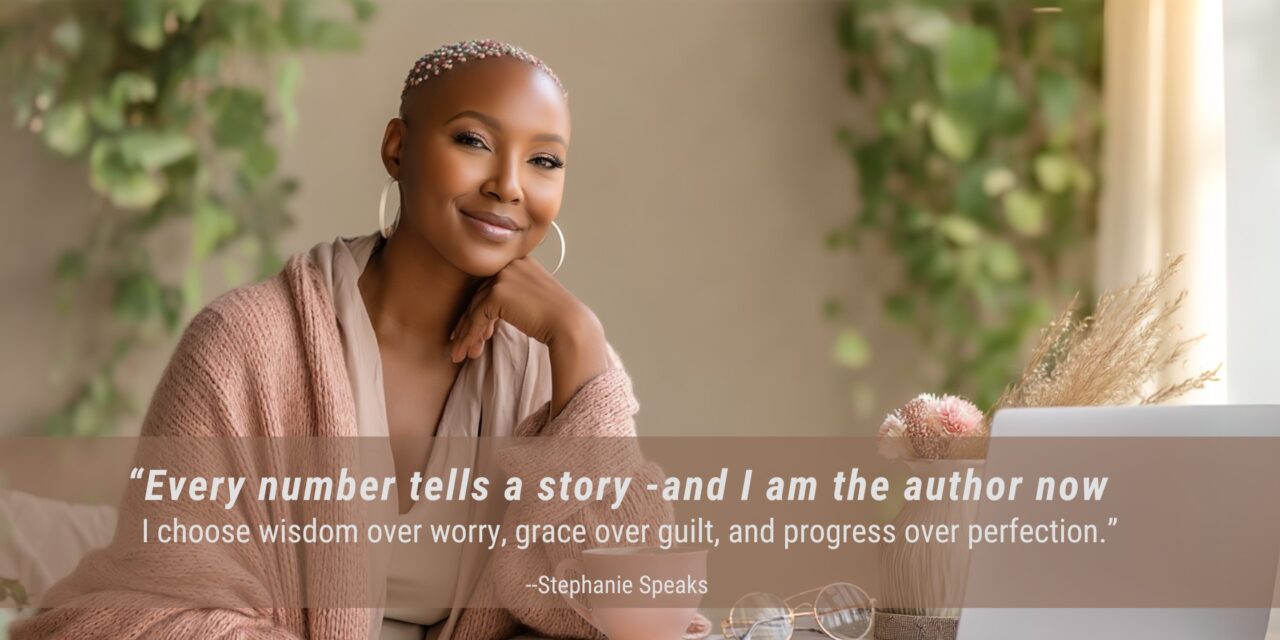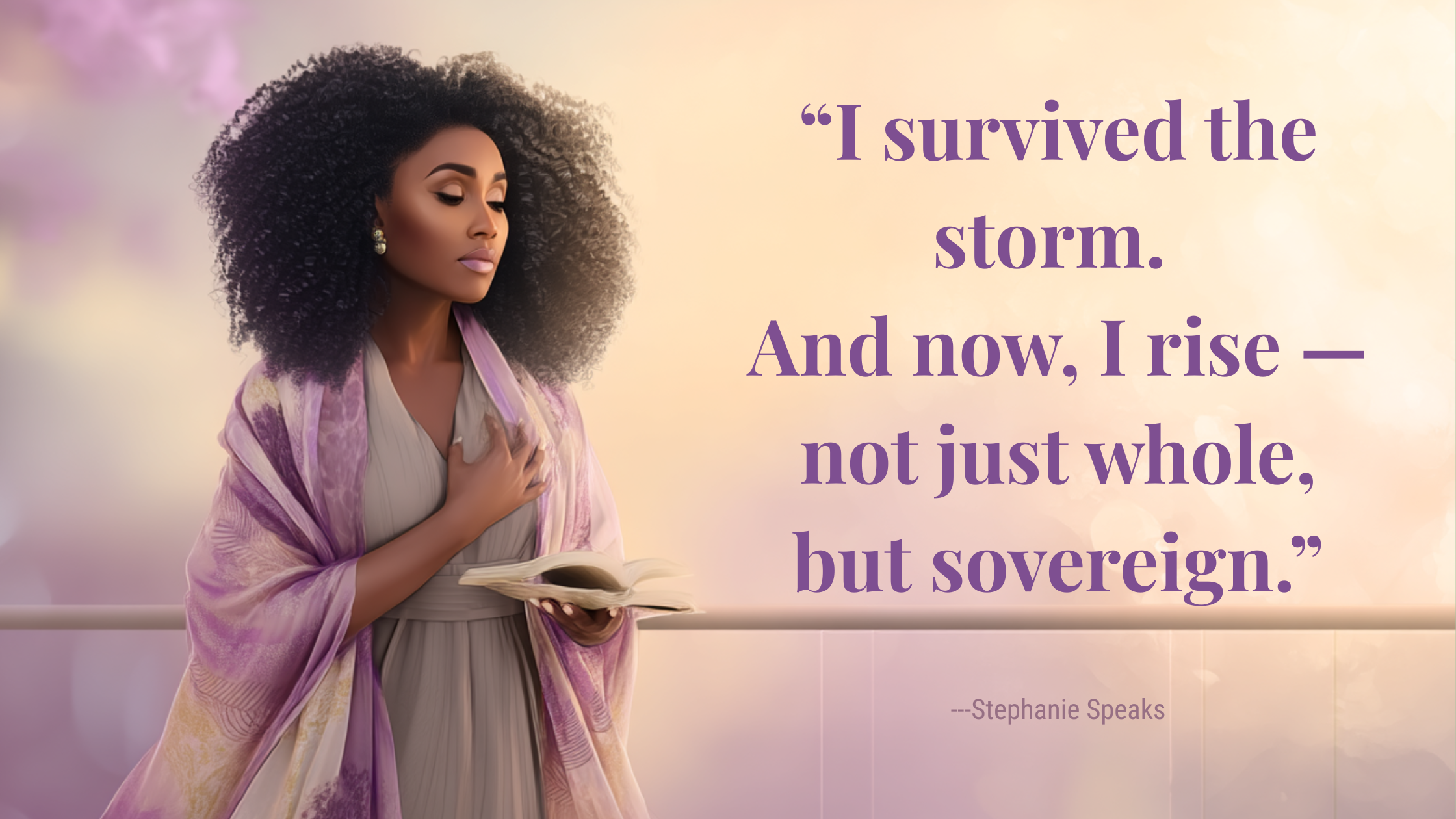If you’re a woman over 50, chances are you’ve lived through more plot twists than a bestselling novel.
Maybe you stepped back from your career to care for others.
Maybe life handed you a divorce, a health scare, or a blank slate you didn’t ask for.
Maybe you’re building something new — not because it’s trendy, but because you need peace, purpose, and income that doesn’t cost your soul.
Wherever you are right now, one truth holds steady:
It’s not too late to take ownership of your financial story.
But many of us face quiet financial habits — subtle traps — that can hold us back from the clarity, confidence, and freedom we deserve. This isn’t about judgment. It’s about awareness.
Here’s how one woman — let’s call her Susan — began her quiet reset. Maybe you’ll see part of your story in hers.
She Thought Credit Didn’t Matter Anymore
At 56, Susan believed credit was behind her. But when she wanted to lease a new apartment and later, fund her new business, she realized: credit still opens doors.
Her gentle shift:
-
She reviewed her credit at AnnualCreditReport.com
-
Disputed a few inaccuracies
-
Opened a secured card to rebuild her score slowly
“I treated my credit like a garden. Even if I’d neglected it, I could still tend it.”
She Assumed Social Security Would Cover Her
Susan thought her check would be enough — until she ran the numbers. It wasn’t about panic. It was about truth and taking back control.
Her gentle shift:
-
Got clear on her actual expenses
-
Let go of outdated roles and expectations
-
Opened a small IRA and began contributing regularly
“This isn’t about scarcity. It’s about sovereignty.”
She Realized She Was Spending to Soothe, Not Serve
After burnout and years of caregiving, Susan admitted something quietly brave: emotional spending had become her default.
Her gentle shift:
-
Tracked her spending — with curiosity, not shame
-
Asked, “Does this align with the life I’m building now?”
-
Practiced values-based budgeting
“Money became a mirror. I learned to spend with purpose, not guilt.”
She Started Paying Herself First
Like many of us, Susan thought saving was something you did after the bills were paid. But what if paying yourself first was actually a declaration of worth?
Her gentle shift:
-
Started saving just 1% of each deposit
-
Used the Profit First method to create clear money buckets
-
Treated her future self like someone worth protecting
“I didn’t need to earn more — I just needed to believe I was worth keeping some.”
She Stopped Avoiding the Money Talk
For decades, Susan avoided money conversations. She thought they were confrontational. But silence, she realized, was costing her clarity.
Her gentle shift:
-
Chose one conversation she’d been avoiding
-
Wrote down what she wanted to say
-
Approached it not with fear, but with love
“Speaking about money isn’t confrontation — it’s care.”
You’re Not Starting Over — You’re Starting Fresh
Avoiding these common financial traps won’t solve everything overnight. But they do create a new foundation — one that’s steadier, more sovereign, and rooted in self-respect.
Like Susan, you haven’t failed.
You’re simply awakening to what matters now.
And that quiet reset?
It might just be the most powerful thing you’ve ever done.







